Love for Syria
A teacher wrestles with explaining refugee crises, dictators, and the trauma of war to her 1st- and 2nd- grade classroom.
A teacher wrestles with explaining refugee crises, dictators, and the trauma of war to her 1st- and 2nd- grade classroom.
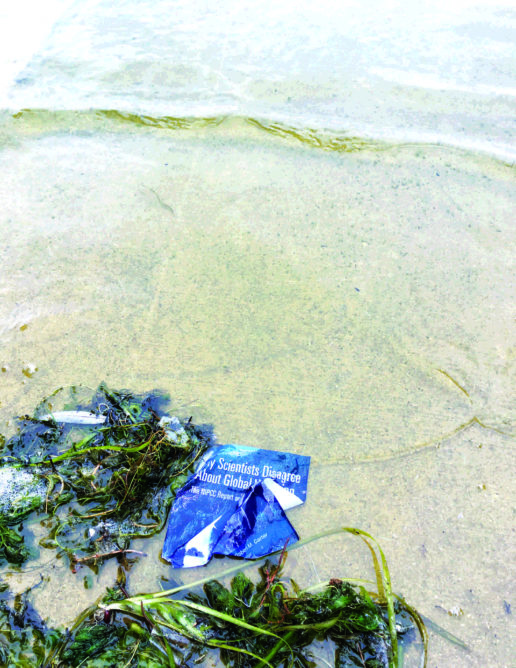
A teacher shows his 3rd- and 4th-grade students the Heartland Institute’s climate change denial book that was sent to every science teacher in the nation.
A victory for ethnic studies in Arizona.
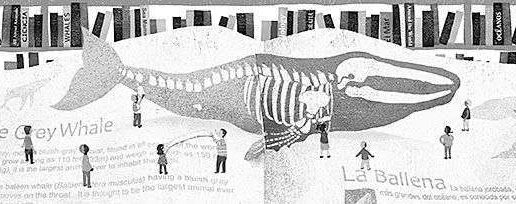
A public school teacher-librarian describes a vibrant library program—and exposes the harm when librarians are seen as dispensable and libraries become testing centers.
Educator Debbie Wei, co-founder of a folk arts-based school in Philadelphia’s Chinatown, describes her journey—from growing up as the child of Chinese immigrants who never spoke to her in their native language, to advocating for heritage language programs.
The executive director of San Francisco’s Arab Resource and Organizing Center describes the successes and obstacles for a community-based campaign to offer Arabic language instruction in the district’s schools.
The edTPA has become a credentialing requirement in many states. Its implementation has distorted relationships throughout teacher education.
Sara Holbrook’s poems appear on the Texas STARR tests. Her efforts to answer the questions about her own poetry expose the narrowness of standardized testing.
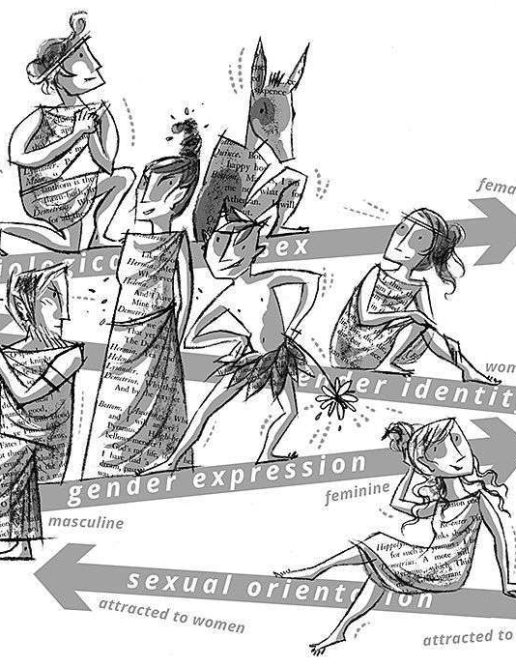
Middle schoolers explore how Shakespeare plays with gender expression and expectations in A Midsummer Night’s Dream.
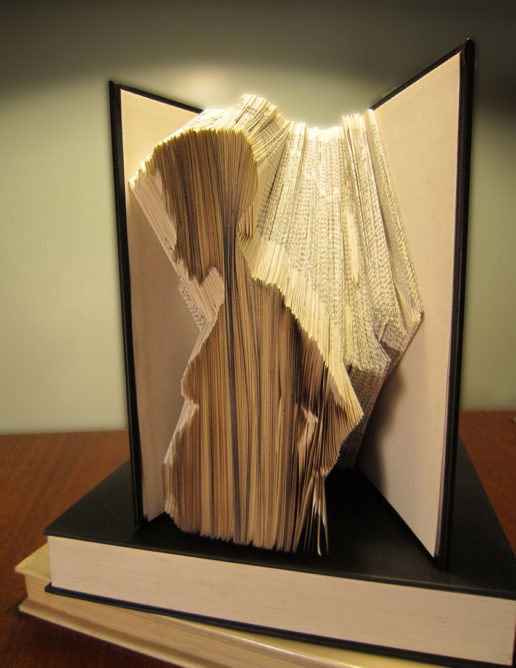
Inspired by students’ responses to her own pregnancy, a high school English teacher develops a unit based on teen pregnancy and motherhood—rejecting the usual deficit-based narrative of teen parenting.
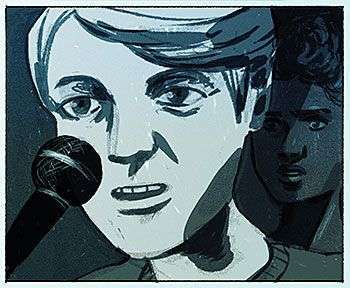
A high school teacher realizes that, despite her school’s diverse student body, the students on the stage at assemblies are virtually all white and male. She sets out to understand why and to change the pattern.
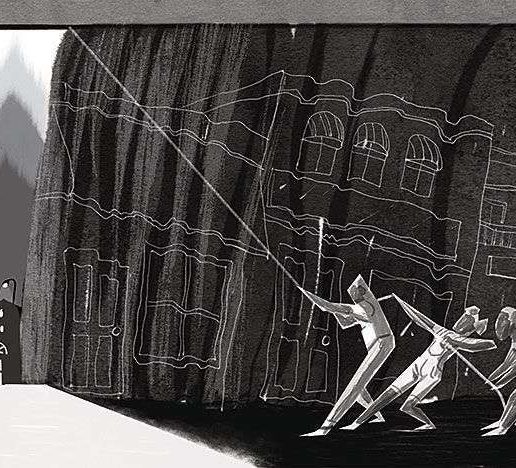
Middle school teachers collaborate to help students understand and critique the changes that have taken place in their Portland, Oregon, neighborhood. Their inspired students create an online resource of local history and heroes.
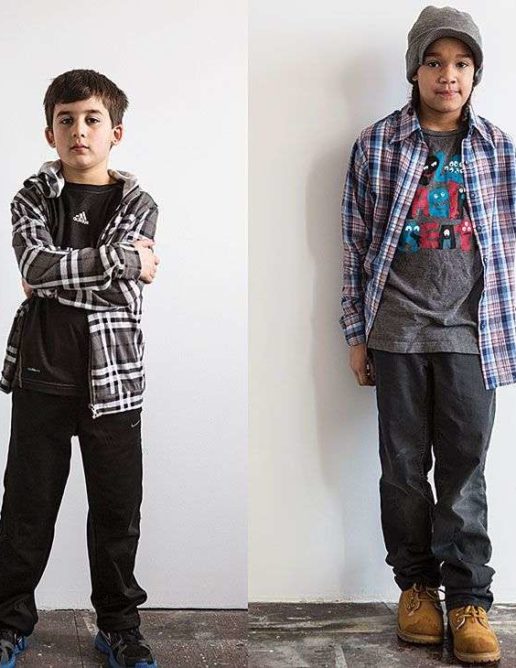
A 2nd grader and a 4th grader share experiences on their paths toward gender identity, then join forces to create and teach a lesson promoting understanding and support.
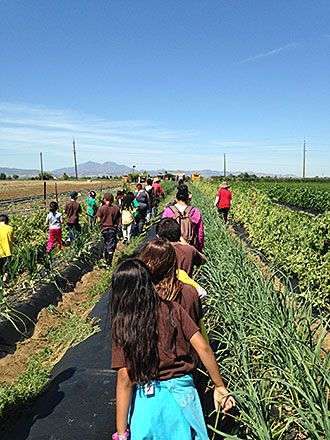
Emerging bilingual 1st graders research farmworkers by visiting a strawberry farm and reading lots of books. Then they write their own stories.
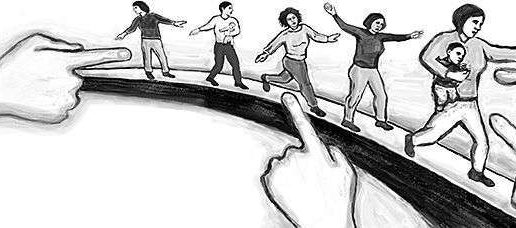
A legal professor who advocates for children with disabilities details how school and district administrators blame mothers rather than providing a “free and appropriate education” to all children.

A high school language arts teacher shares mementos from his father, who was killed in Viet Nam, to open up discussion about the long-lasting pain of war.

A history teacher helps his students see the conservatism of the early New Deal and the impact of organizing and mass resistance.
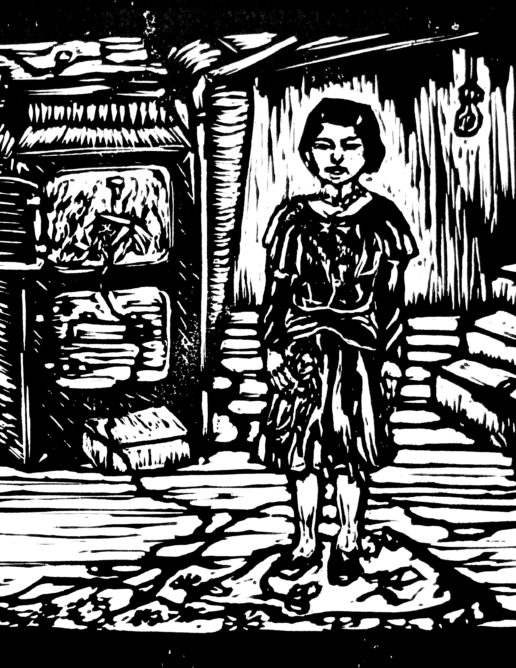
An introduction to persona poems, which ask students “to find that place inside themselves that connects with a moment in history, literature, life.”
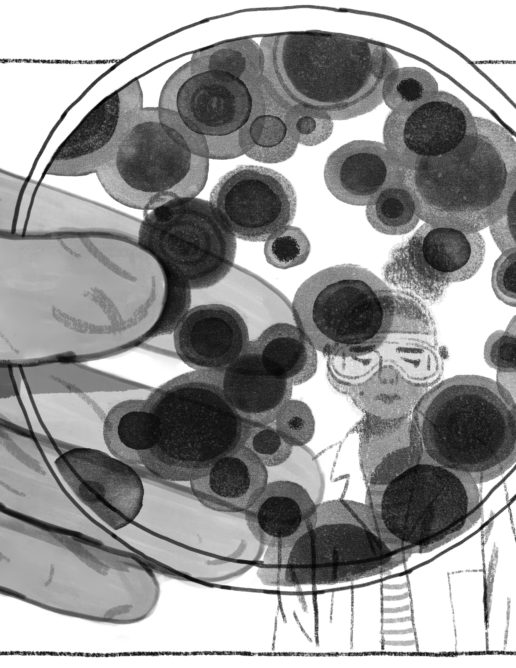
Science teachers at a Portland, Oregon, high school ask how they can make their science classes more welcoming to Black students.
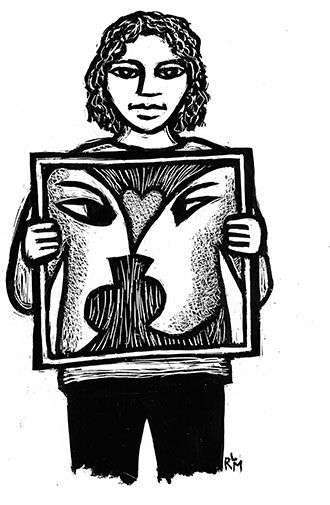
Teachers form an inquiry-based study group to support each other as they look for ways to build on the resilience of their students.
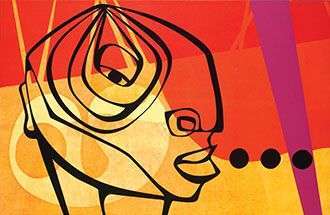
A teacher vividly describes her own experience of English-only schooling.
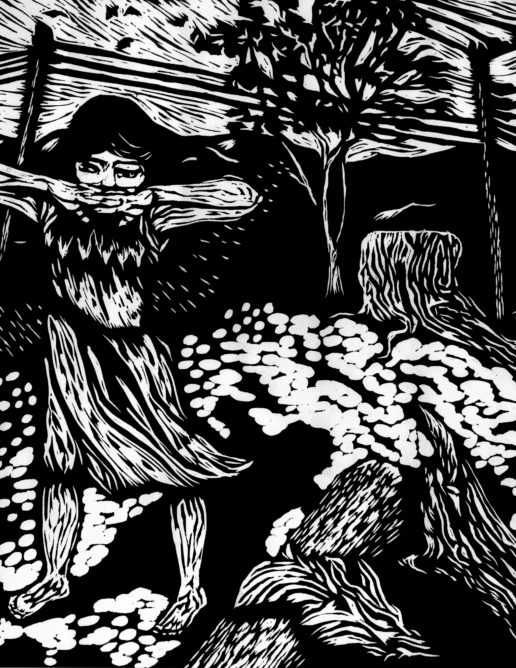
A master English teacher uses dialogue poems to develop empathy and connect history to literature.

As 9th graders focus persuasive letters on community issues, their teacher realizes she must be open about her own pain to empower students to be open about theirs.
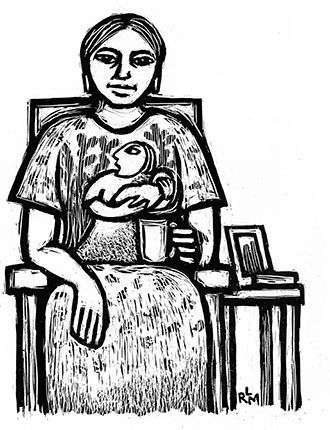
After a critical look at how their community is described by others, high school students interview and tell the true stories of people in their Watts, Los Angeles, neighborhood.
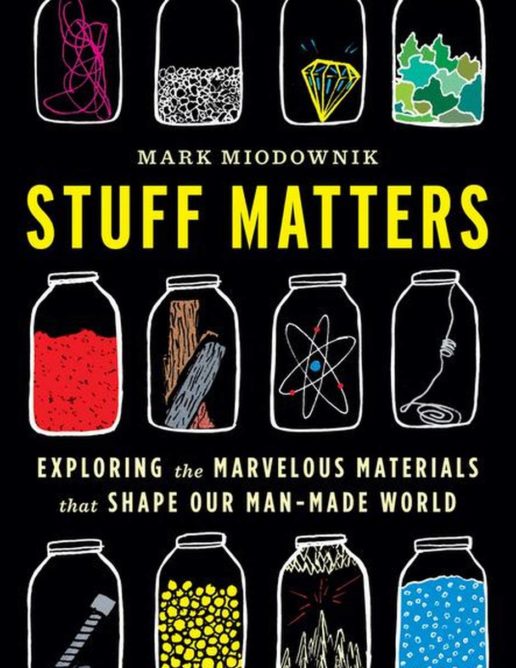
This content is restricted to subscribers